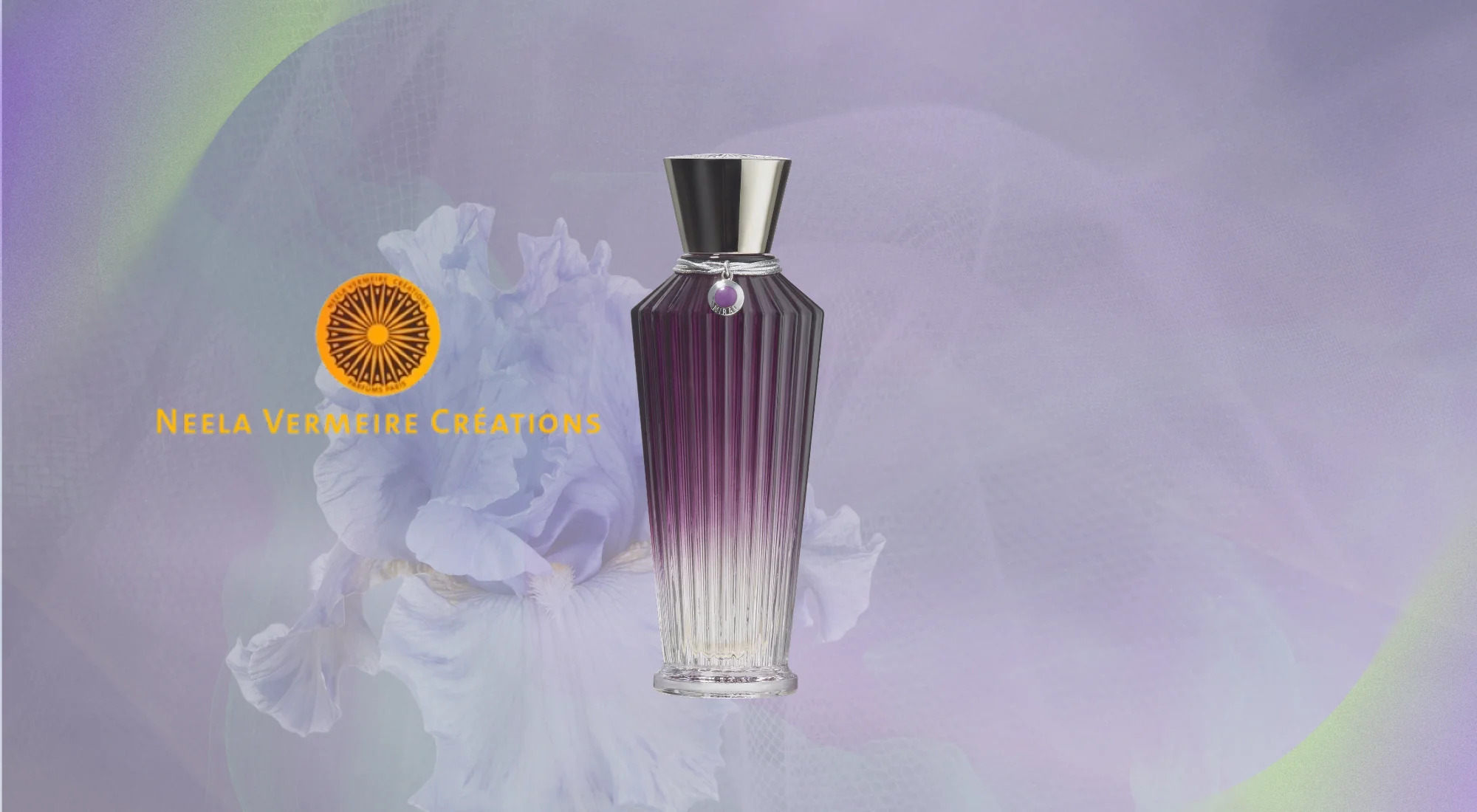
In recent years, the fragrance industry has seen a significant resurgence of interest in natural perfumes. This shift towards botanical and organic ingredients reflects a broader movement towards sustainability, health consciousness, and a desire for authentic sensory experiences. In this article, we’ll explore the historical context of natural perfumery, current trends driving its popularity, and what the future holds for this enchanting art form.
Historical Context
Natural perfumery has deep roots stretching back thousands of years. Ancient civilizations, such as the Egyptians, Greeks, and Romans, used natural ingredients like flowers, herbs, and resins to create fragrant oils and balms for religious rituals, medicinal purposes, and personal adornment. These early perfumes were handcrafted, with an intimate connection to nature.
During the Middle Ages, the art of perfumery flourished in the Islamic world, where advancements in distillation techniques allowed for more refined extraction of essential oils. This knowledge spread to Europe, leading to the rise of perfumery hubs in places like Grasse, France, which remains a renowned center for fragrance production today.
However, the Industrial Revolution in the 19th century marked a shift towards synthetic ingredients. These man-made compounds offered consistency, longevity, and affordability, overshadowing natural perfumes for many decades. Despite this, natural perfumery never completely disappeared, maintaining a niche presence that has now blossomed into a full-fledged renaissance.
Current Trends
Several factors are contributing to the modern revival of natural perfumery:
1. Health and Environmental Consciousness
Consumers are increasingly aware of the potential health risks associated with synthetic chemicals in beauty and personal care products. This awareness has led to a preference for natural ingredients, which are perceived as safer and more environmentally friendly. Brands like Frassai, Les Indémodables, and Neela Vermeire are at the forefront of this movement, offering exquisite, nature-inspired fragrances.
2. Sustainability
Natural perfumes are often produced using sustainable practices, from sourcing raw materials to manufacturing processes. This aligns with the growing consumer demand for products that minimize environmental impact. Sustainable perfumery emphasizes the use of renewable resources, ethical sourcing, and biodegradable packaging.
3. Authenticity and Craftsmanship
There is a renewed appreciation for the artistry and craftsmanship involved in creating natural perfumes. Unlike mass-produced synthetic fragrances, natural perfumes are often handcrafted in small batches, ensuring a unique and personalized scent experience. Perfumers take pride in their ability to blend botanical essences into harmonious compositions that evolve beautifully on the skin.
4. Olfactory Diversity
Natural perfumery offers a diverse olfactory palette that synthetic ingredients cannot replicate. The complexity and depth of natural essences, such as rose, sandalwood, and vetiver, provide a rich sensory experience. This diversity appeals to consumers seeking unique, multi-dimensional fragrances that tell a story.
The Future Outlook
The future of natural perfumery looks promising, with several key trends shaping its evolution:
1. Innovation in Extraction Techniques
Advancements in extraction methods, such as supercritical CO2 extraction and molecular distillation, are enabling perfumers to capture the true essence of natural ingredients more efficiently and sustainably. These innovations will continue to enhance the quality and availability of natural perfumes.
2. Hybrid Formulations
While natural perfumes are celebrated for their purity, some brands are exploring hybrid formulations that combine natural and safe synthetic ingredients. This approach allows for greater creative freedom and performance while maintaining a commitment to sustainability and safety.
3. Customization
As consumers seek more personalized products, custom-blended natural perfumes are gaining popularity. Perfumers are offering bespoke fragrance creation services, allowing individuals to work with experts to craft a scent that perfectly suits their personality and preferences.
4. Educational Initiatives
Brands and industry organizations are investing in educating consumers about the benefits and nuances of natural perfumery. Workshops, masterclasses, and online resources are helping enthusiasts understand the intricate art of blending natural essences and appreciate the value of high-quality, sustainable perfumes.
Conclusion
The renaissance of natural perfumery in the modern age is a testament to our evolving values and preferences. As we embrace healthier, more sustainable lifestyles, the allure of natural perfumes continues to grow. By honoring ancient traditions while incorporating innovative techniques, the world of natural perfumery offers a sensory journey that is both timeless and contemporary. Whether you are a long-time aficionado or new to the world of natural scents, there has never been a better time to explore the exquisite beauty of botanical fragrances.
Natural perfumery is not just a trend; it is a return to the roots of fragrance creation, celebrating the authenticity and beauty of nature. As this renaissance unfolds, it promises to bring us closer to the essence of true artistry in perfumery.







